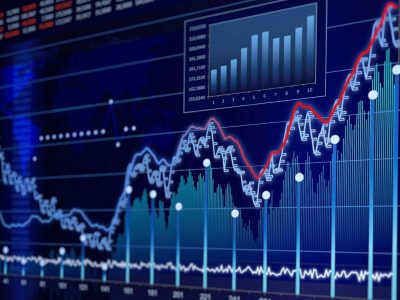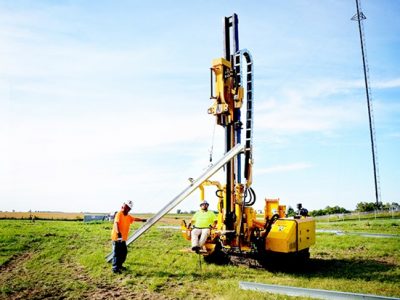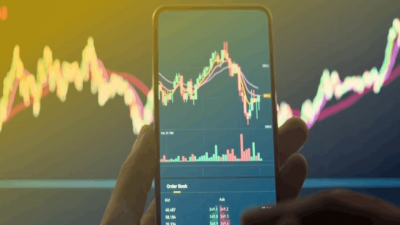As we can see, the forex brokers are different in the market, but how could we know exactly what the differences are? By applying these standards, we could easily compare the top forex brokers in South Africa:
– Regulation
– Trading conditions
– Account types
The ranks of brokers are also based on those standards, too
Regulation or License
Regulation is set by the governmental regulatory agencies, which make sure that all brokers following this rule have to offer safe trading environment and protection for funds. On the other hand, brokers which obtain the license are also trusted and reliable. There are licenses such as FCA, FSCA, CySEC & ASIC. The biggest forex brokers with more than one license are considered more trusted and reliable.
Reputation
How to trust a broker?
To answer this question, we have to look at these 3 things: regulation, trade execution method, and client fund management. The brokers with more major regulators or trusted licenses are often safe to work with. It can indicate that they are controlled by governmental regulatory agencies, which is very reliable. Next, the brokers which have no conflicts of interest with customers and good trading execution should also be chosen. We also have to see if the dealing desk is involved the execution or if the broker receives the financial incentive when you lose your trades. If it is, then that broker is less trusted. Finally, a good broker has to segregate the funds of customers in different accounts at major banks in local jurisdiction to avoid bankrupt. One broker for example is Exness >>> Exness reviews.
CONDITIONS
We are talking about spread and leverage.
Spread is the difference between the buy and sell price, it could show if the prices are far or close to each other and wide or tight. Spread is measured in pip. 15 pips is considered wide, when 0.5 pips is tight. As we can see, traders prefer tight spread, which means lower costs. To maximize the profits, traders have to work with brokers having the tightest average spreads.
Leverage is used commonly in the market to amplify the size of the trades. If there was not leverage, the individual retail traders could not participate in the business due to the small movements of the market. For example, the leverage is 400:1, which means that traders can increase up to 400 times the size of the trades. There are various leverages offered by brokers, but for each trader, brokers offer each leverage based on the experience of the customers.
Kinds of account
There are many types of accounts in the market, but according to the trend of this industry, i have listed these common account types as following: live or real account, demo accounts, and swap-free account. Managed account is rare.
Real account
This is regular account with real trading conditions, cost of transactions, price and money,… Traders get profits and losses in the real market, which effects to their balance.
Demo account
This is trial account, which is mostly for beginners. As they are new to the market, they have to learn more, have experience before trading with real account. There is no risk. It is the time for trying the customer service, trading conditions, research area,…of a broker. It is limited to use this account, but easy to reactive. There is also unlimited account depending how long the trader works.
For readers from Thailand, this is ฟอเร็กซ์ โบรกเกอร์.












Comments